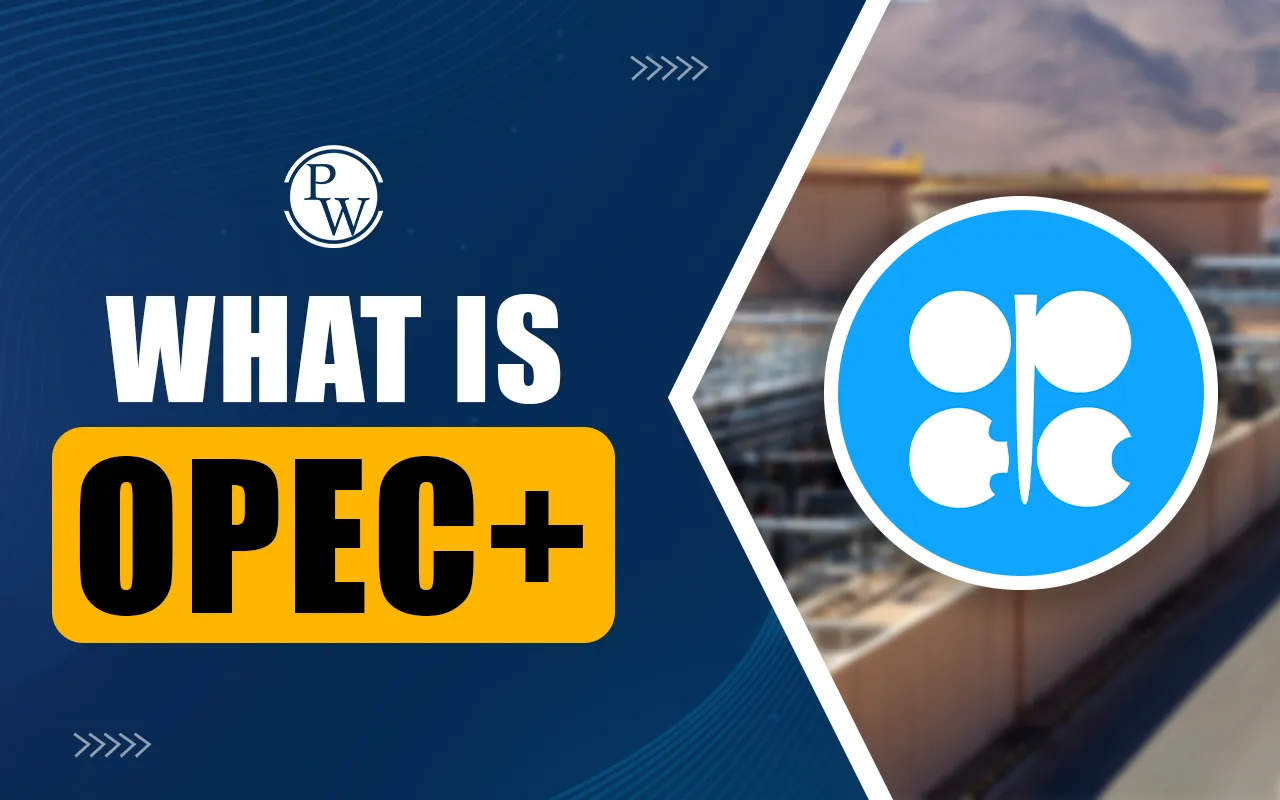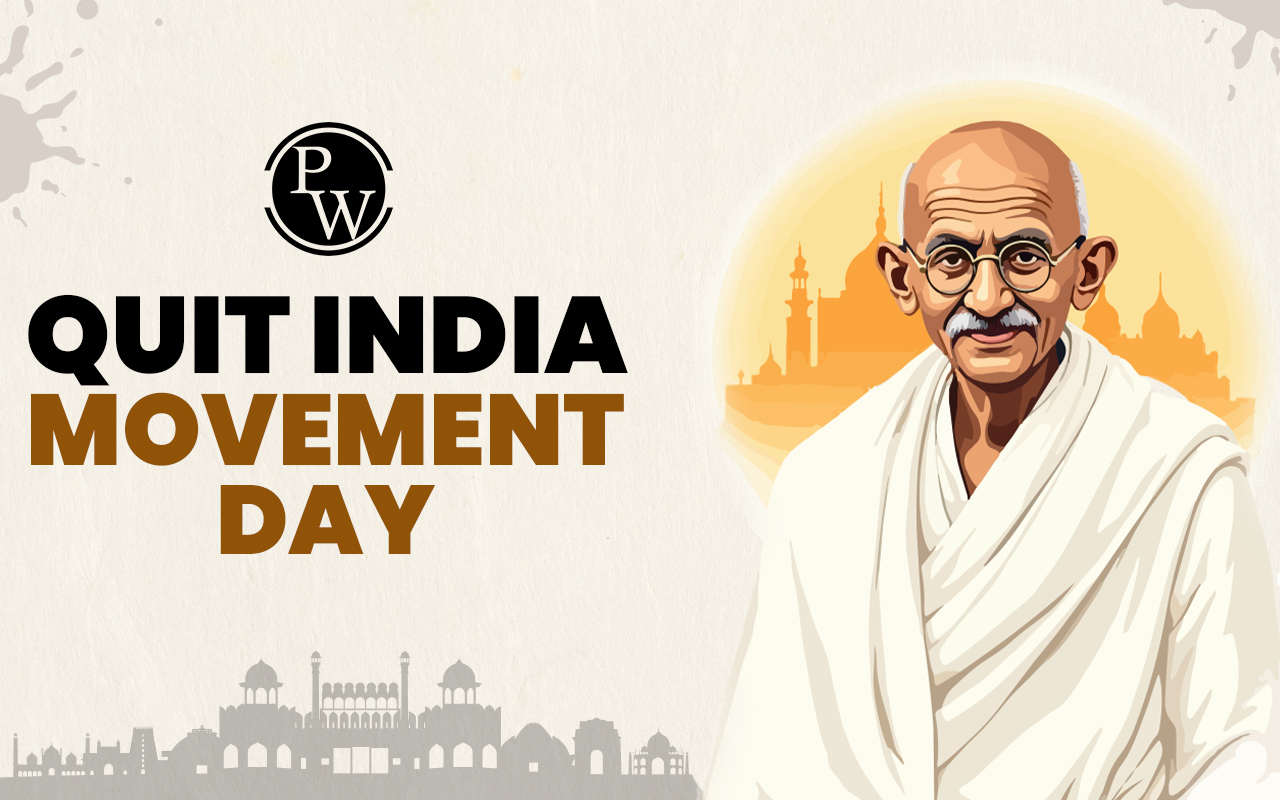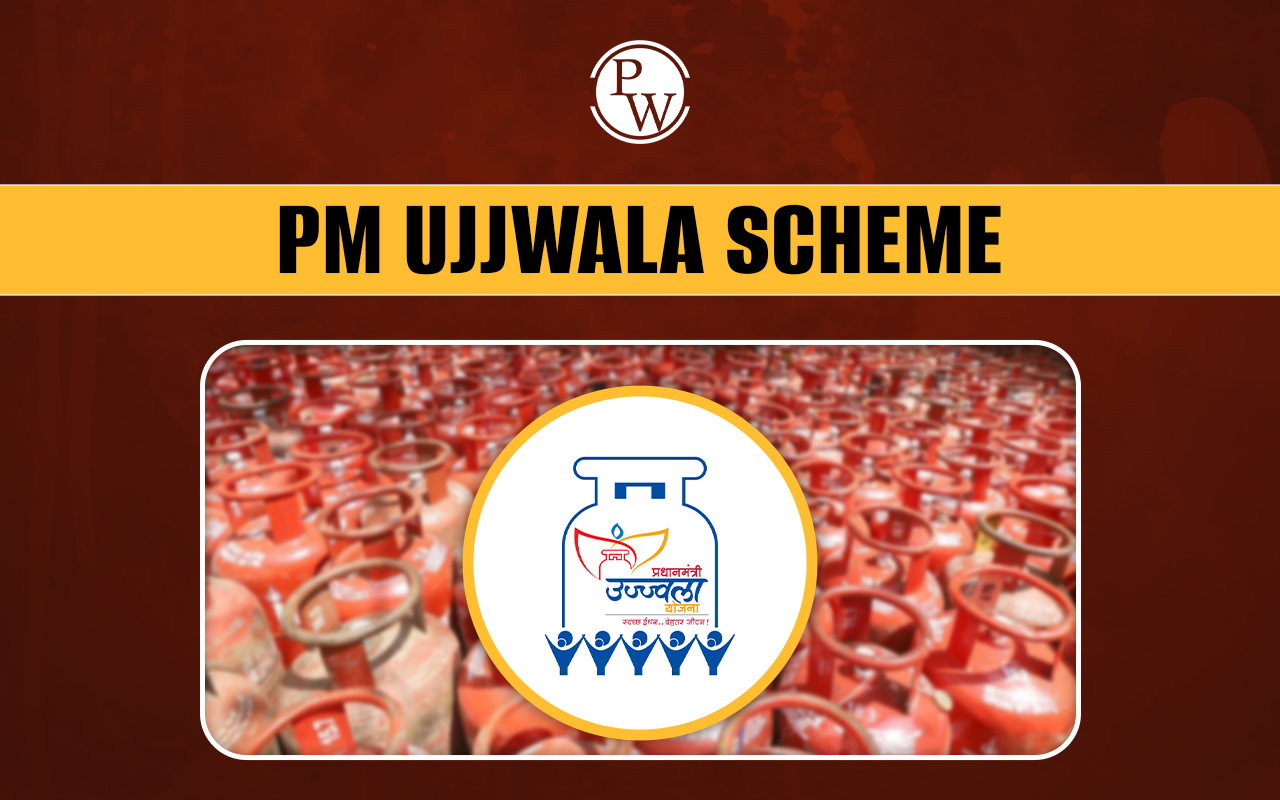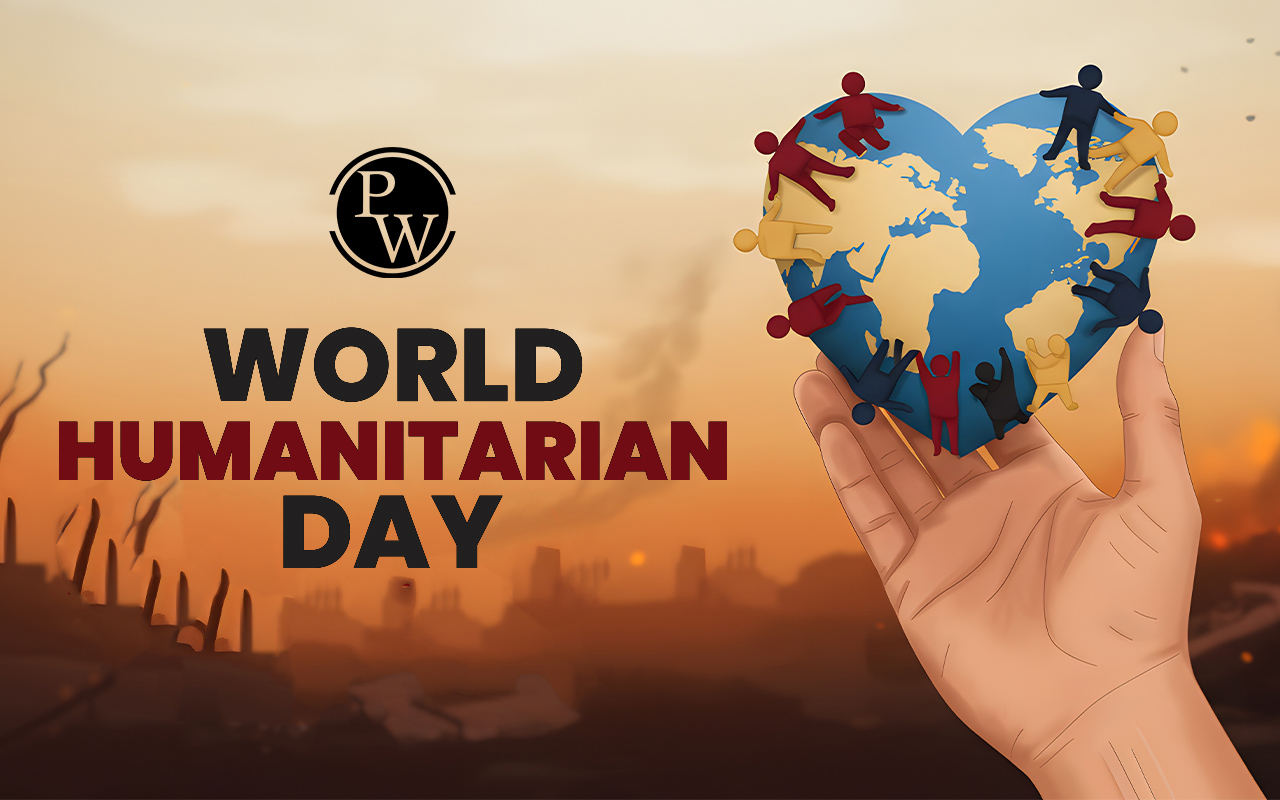
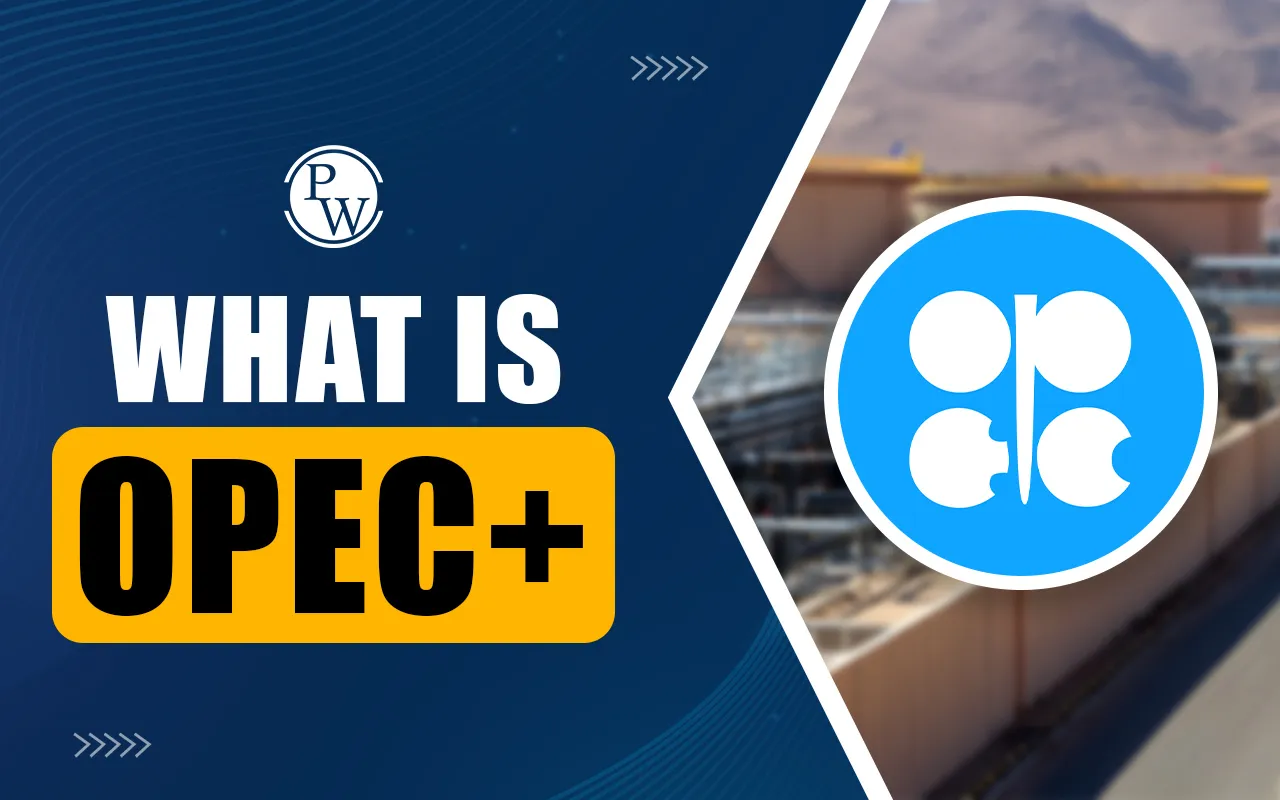
OPEC+ is a coalition of oil-exporting countries that includes 12 members of the Organization of the Petroleum Exporting Countries (OPEC) and 10 additional non-OPEC countries. Formed in 2016, this alliance aims to enhance cooperation and stabilize the global oil market by coordinating production levels. Brazil is now set to become an observer country in OPEC+. Keep reading to learn more!
Brazil to Join OPEC+
Brazil is set to join OPEC+ as Observer, a significant development in global oil markets. The country is one of the top oil producers and plays a crucial role in energy exports. With its inclusion, Brazil aims to strengthen its influence over oil prices and supply decisions.
OPEC welcomed Brazil's decision to join the Charter of Cooperation (CoC) following approval by the National Energy Council. It follows Brazil's Minister Alexandre Silveira’s announcement in November 2023, and OPEC’s historic visit to Brazil.
What is OPEC+?
OPEC+ is an expanded version of the OPEC. OPEC full form is the Organization of the Petroleum Exporting Countries (OPEC) that was established in 1960 by Iran, Iraq, Kuwait, Saudi Arabia, and Venezuela to coordinate production and stabilize global oil prices
Later, in response to low oil prices in 2016, OPEC partnered with non-OPEC countries to form OPEC+, which includes additional oil-producing nations working together to manage oil production and stabilize prices. OPEC+ influences global energy markets by coordinating supply cuts or increases.
|
OPEC+ |
|
|
Formation |
Formed in late 2016 |
|
Members |
12 OPEC countries plus 10 non-OPEC countries |
|
Headquarters |
Vienna, Austria ( OPEC Headquarters) |
|
Goals |
Regulate oil supply to stabilize global oil prices and ensure profitability for member countries. |
|
Influence |
Controls over 80% of oil reserves with OPEC+ nations |
|
Recent Actions |
Implemented production cuts in 2022 and extended them into 2025 to bolster oil prices amidst weak demand. |
History of OPEC+
OPEC+ was established in 2016 when OPEC partnered with non-OPEC oil-producing countries. The collaboration was in response to falling oil prices due to oversupply. The agreement helped stabilize the market by introducing coordinated production cuts.
The objective of OPEC is to “co-ordinate and unify petroleum policies among member countries”. Since its formation, OPEC+ has taken several measures to regulate supply. The group has responded to global crises, such as the COVID-19 pandemic, by adjusting production levels.
Members of OPEC+
OPEC+ consists of OPEC members and non-OPEC oil-producing nations. OPEC itself has 12 member countries, while OPEC+ includes additional oil producers.
OPEC Members
-
Saudi Arabia
-
Iraq
-
Iran
-
Kuwait
-
UAE
-
Venezuela
-
Nigeria
-
Libya
-
Algeria
-
Equatorial Guinea
-
Republic of Congo
-
Gabon
Non-OPEC Members in OPEC+
-
Azerbaijan
-
Bahrain
-
Brunei
-
Kazakhstan
-
Russia
-
Mexico
-
Malaysia
-
South Sudan
-
Sudan
-
Oman
OPEC vs OPEC Plus
OPEC and OPEC+ share the same objective—stabilizing oil prices—but they differ in structure and influence. Here are the key differences between OPEC and OPEC Plus:
|
Aspect |
OPEC |
OPEC+ |
|
Formation |
Established in 1960 |
Formed in 2016 as an extension of OPEC |
|
Members |
12 countries: Algeria, Congo, Equatorial Guinea, Gabon, Iran, Iraq, Kuwait, Libya, Nigeria, Saudi Arabia, UAE, and Venezuela. |
Includes all 12 OPEC members plus 10 non-OPEC countries: Azerbaijan, Bahrain, Brunei, Kazakhstan, Malaysia, Mexico, Oman, Russia, South Sudan, and Sudan. |
|
Goals |
Maintain stable and profitable oil prices for members |
Expand influence on global oil markets through cooperation with non-OPEC producers |
|
World Oil Production (2022) |
28.7 million b/d (38% of world total) |
48 million b/d (59% of world total) |
|
Key Players |
Saudi Arabia is the largest producer and has significant influence. |
Saudi Arabia and Russia are key players due to their large production capacities. |
In conclusion, OPEC+ enhances global oil governance by incorporating non-OPEC producers. This alliance allows better market control, preventing drastic price fluctuations.
For UPSC aspirants, understanding International Relations and economic topics is essential for syllabus preparation. Explore PW UPSC Courses to enhance your preparation!
What is OPEC+ FAQs
What is OPEC+?
Why was OPEC+ formed?
How many countries are in OPEC Plus?
What is the difference between OPEC and OPEC+?
Is India a member of OPEC?

